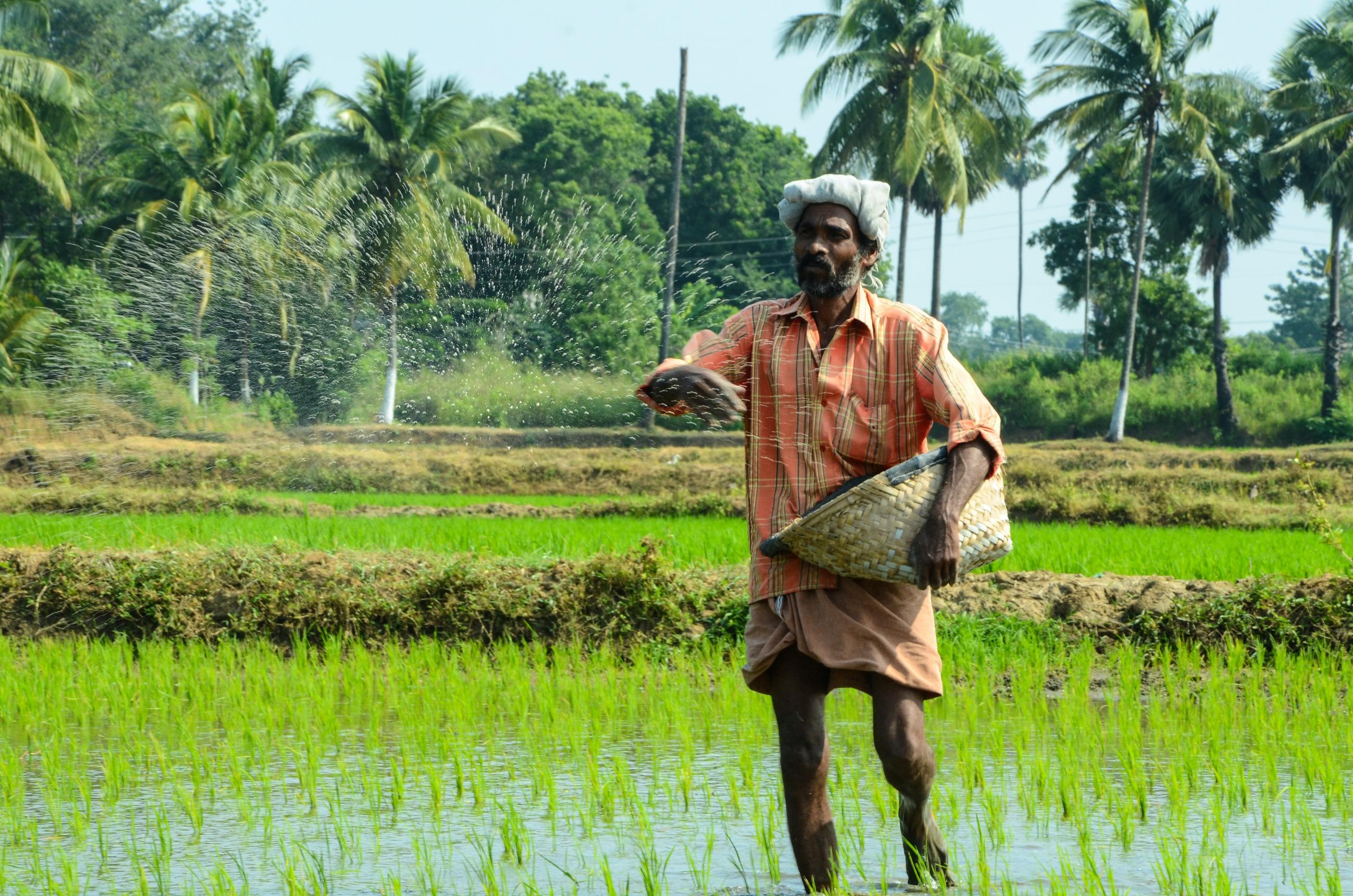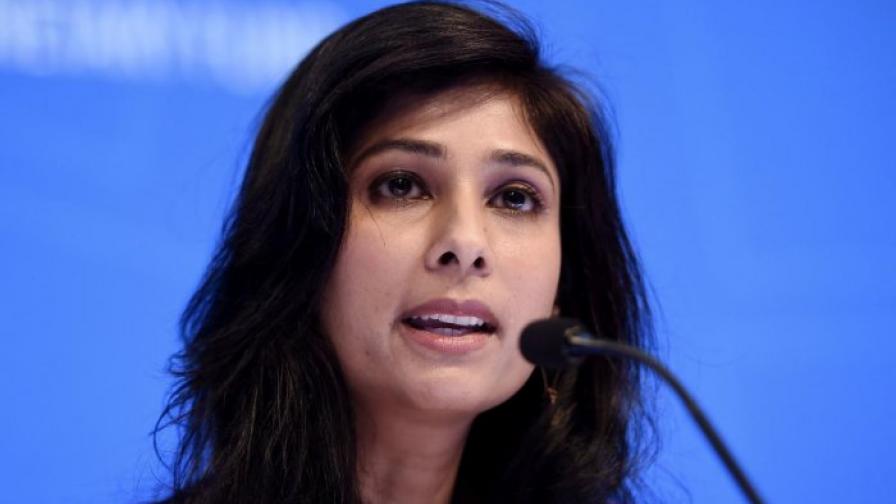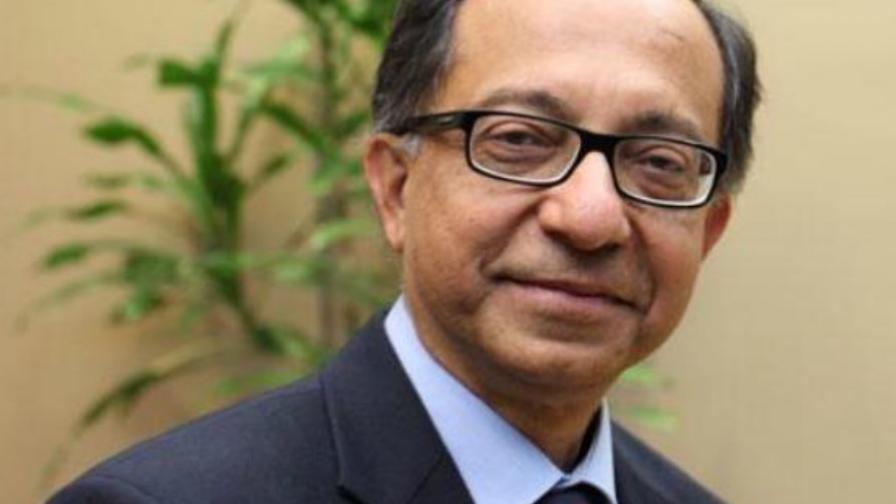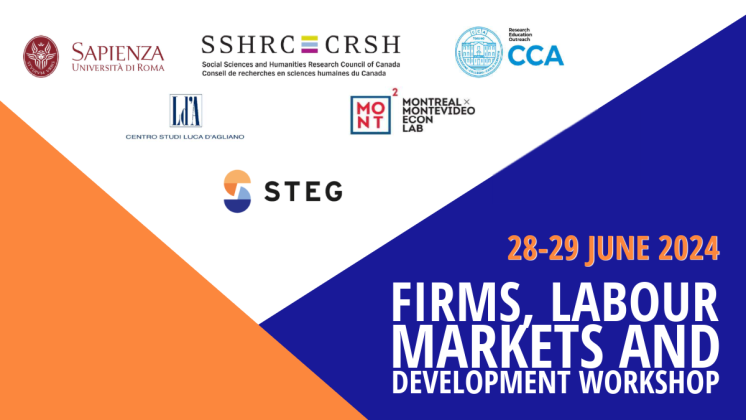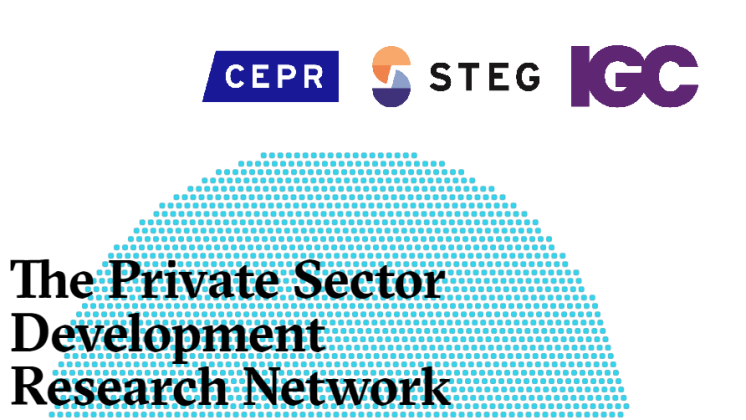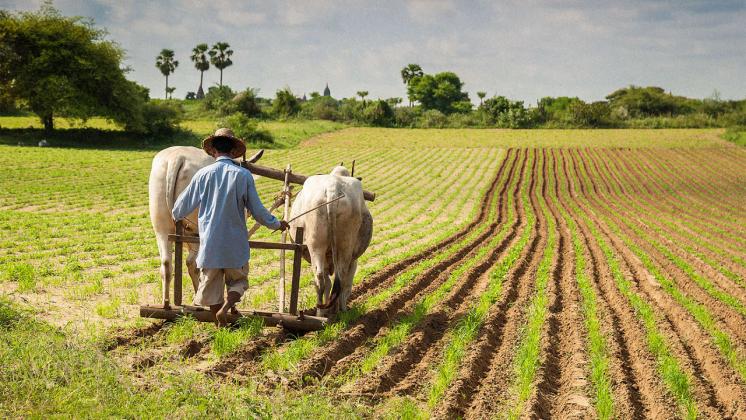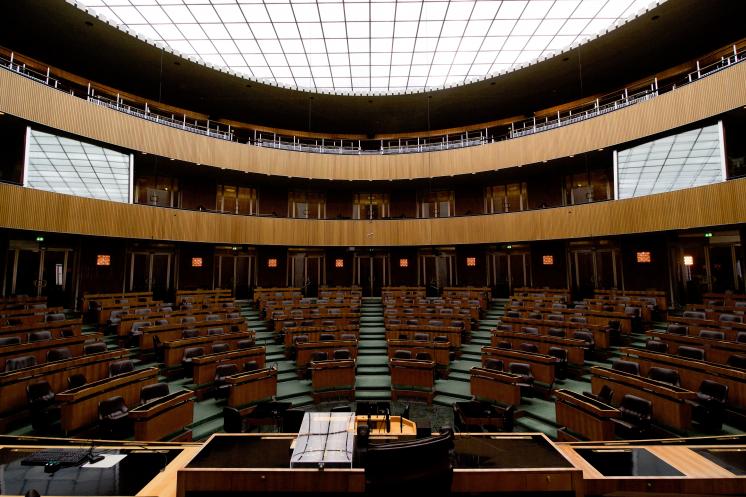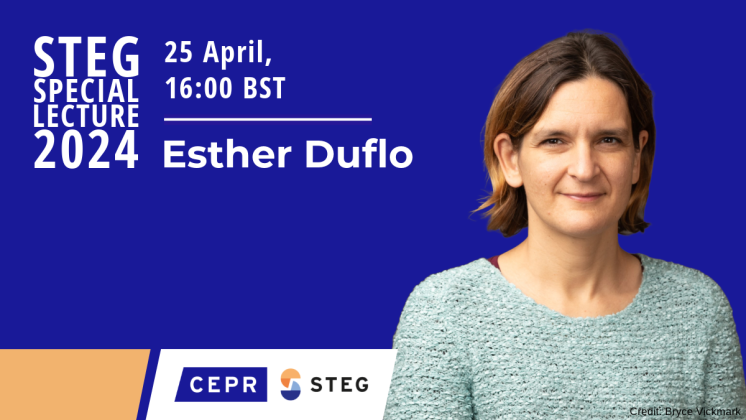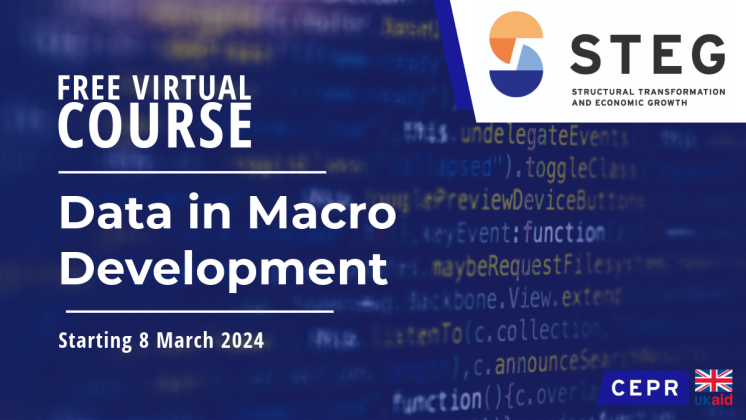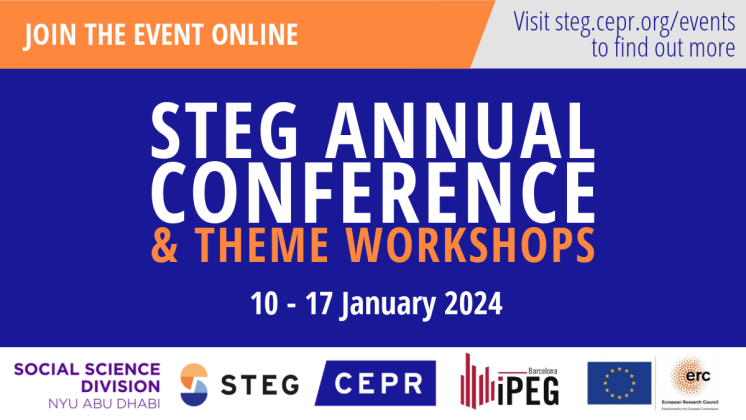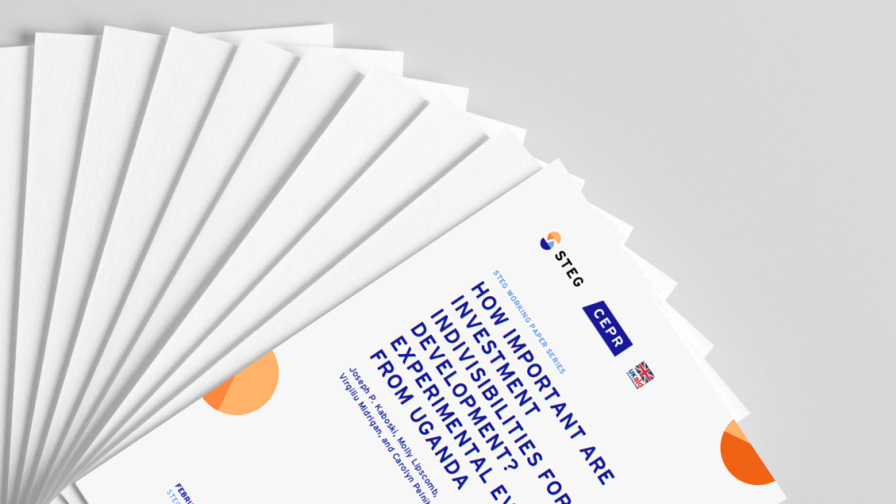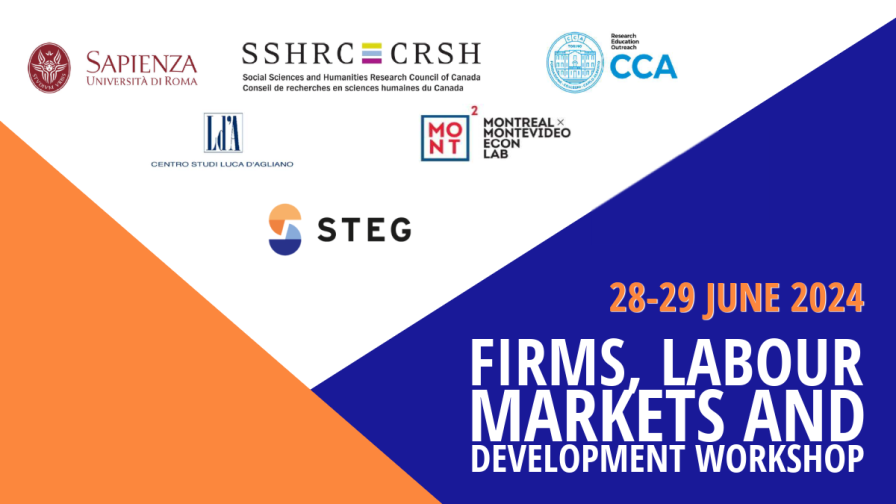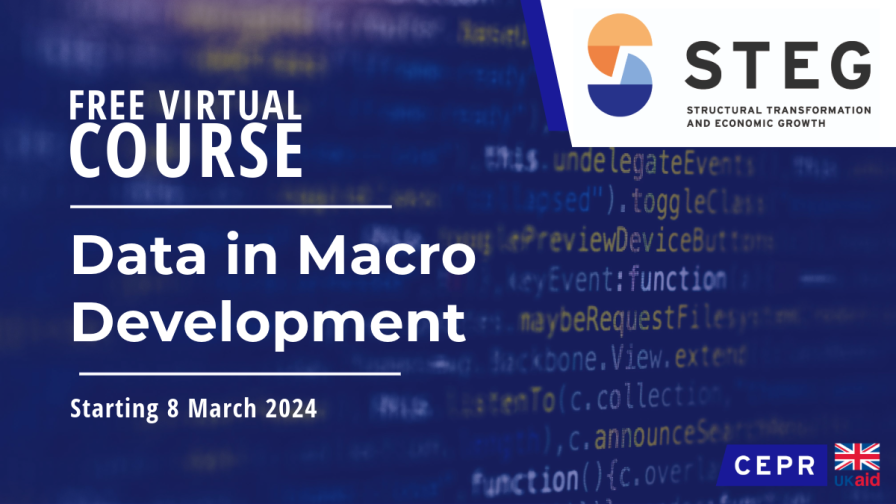The challenges for low- and middle-income countries beyond the pandemic
At a time when the world economy is experiencing the unprecedented threat of a global health emergency, a consortium of leading research institutions has launched a new initiative to tackle the longer-term challenges facing governments in developing countries.
The Structural Transformation and Economic Growth (STEG) research programme was launched with a virtual inception workshop in June 2020, with an introduction to the intellectual framework of the project, a discussion of its key research themes and two keynote lectures: the first by Professor Gita Gopinath, Chief Economist at the International Monetary Fund; and the second by Professor Kaushik Basu of Cornell University, former Chief Economist at the World Bank.
STEG, which is funded by the UK’s Department for International Development is led by the Centre for Economic Policy Research (CEPR) and includes the University of Oxford, the University of Notre Dame, the African Center for Economic Transformation, the Yale Research Initiative on Innovation and Scale, and Gröningen University's Growth and Development Center, The scientific leaders are Professors Douglas Gollin (Oxford and CEPR) and Joe Kaboski (Notre Dame and CEPR).
Opening the inception workshop, Professor Gollin said:
‘It is a strange moment in many ways to be holding this workshop. Between the pandemic and the other grim realities that are unfolding in our world, it seems like a difficult time to focus our attention on an academic research programme. We have such a narrow contribution to make, it seems, in a world where the problems and challenges are so profound.
But I think it’s actually a really important moment for this work. It’s a moment when it is more important than ever to re-imagine our world – and specifically our economies. We need to think clearly about the different pathways of development. We need to understand better the processes of economic growth and structural transformation. Equipped with this understanding, we can seek to build a better and brighter future.’
The two keynote lectures echoed the sense of opportunities amid the current crisis. Professor Gopinath noted that low-income countries face numerous challenges, many of which have been magnified and even created by the virus. This means that it is essential for policy-makers across the international community to maintain a flexible and dynamic approach to development in a world that is quickly becoming unrecognisable from how it looked just a few months ago.
Professor Basu reminded listeners that ‘we are in the foothills of great change’. If history has taught us anything it is that ‘we must think deeply and radically’ to push for a better system. Policies that seem drastic today may well be fundamental to ensuring that the international community moves on from Covid-19 having taken crucial lessons on board.
Professor Gollin also concluded his remarks with a look to the future and an aspiration for what STEG can contribute to rethinking the global policy agenda: ‘Between the Covid pandemic, climate change, the rise of artificial intelligence and a new wave of automation, and profound concerns over the inequalities in our societies and our world, this is a moment when we need to question our understanding of how growth and development work.’
Recordings of the Inception Workshop can be found below:
